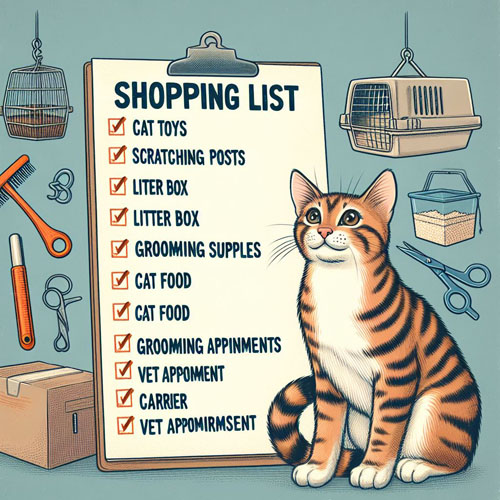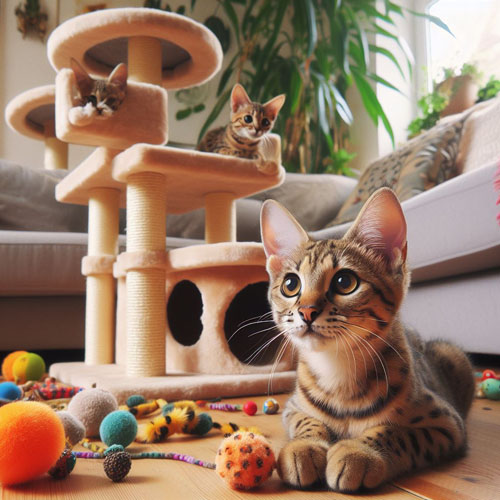How to find the right Savannah cat breeder
Finding a happy and healthy Savannah kitten requires doing your homework when it comes to finding a breeder and bringing your new fur baby home. It’s important to learn as much as you can about the breed before finding a breeder. This will help you ask the right questions and make an informed decision. Remember, this is a long-term commitment that can last fifteen to twenty years.
To ensure your new Savannah kitten is happy and healthy, here are some tips for choosing a good breeder. While you’ll have questions for the breeder, don’t be surprised if they have questions for you too. They want to ensure their kittens are going to suitable homes.
Finding an ethical and reputable breeder is crucial for getting a well-socialized and healthy kitten. Start by making a list of breeders to contact. You can find Savannah breeders at cat shows, on social networks, or through online directories. We will be adding a breeder list to this website very soon. It’s important to research their reputations. Check cat groups on Facebook and Yahoo, ask friends, and consult with vets. If you come across a bad review, cross that breeder off your list and move on to the next one.
A reputable breeder will be registered with a cat registry, which increases the likelihood of getting a healthy kitten with pure bloodlines. The kittens should be raised in an environment where they are exposed to daily activities and interactions with people. This helps with their socialization and prevents them from becoming fearful. Ask if the breeder’s cattery is registered and if both parents are registered as well. You can also look up the registry and contact them to inquire about any complaints filed against the breeder.
- Savannah kittens should not be able to leave until 12 weeks of age
- They have their first 2 vaccinations (3rd one is done at 16 weeks by new owner)
- They have been routinely wormed
- Provide a health guarantee via a written and signed contract. The contract should guarantee health for a period of time as well as a genetic problem that may crop up at a later time with an indoor only policy. There should also be a written policy that if you must give up your kitten for some unknown reason, that it goes back to the breeder.
- Not let you take home a kitten that has any signs of illness of any kind, no matter how small
- Give you registration papers, even if the papers follow after the spay/neuter of the kitten
- Require you to spay/neuter the kitten if not done so previously
- Want your information, or questions you, about various situations of your life. These kittens should be like family to the breeder and they should want to know about you as well. Remember, you aren’t just buying a new car
- Provide you with multiple references
The above list is by no means exhaustive. Ask lots of questions. There is NO such thing as a stupid question when you are buying a savannah kitten.
Points of interest:
- There are many variables on pricing kittens. Type, bloodlines, markings, color, sex, the breeder and size can all influence prices
- You new family member should be kept indoors, be neutered/spayed and have places to climb as well as scratching post to allow natural behavior will ensure a long, happy and healthy life
- A breeder should love their cats, be knowledgeable about the breed and committed to producing healthy, well-socialized kittens
- Savannah’s require a high quality diet that is free of grains, by-products and meat meal
- The breed is new so there is still a lot of variation in the appearance but it improves all the time
- Savannah’s are more social than the normal domestic cats that people are used to seeing and they are often compared to dogs. They can be trained to walk on a leash and play fetch
- They do not sleep as much as other breeds of cats
- They are known for their love of water and jumping abilities





